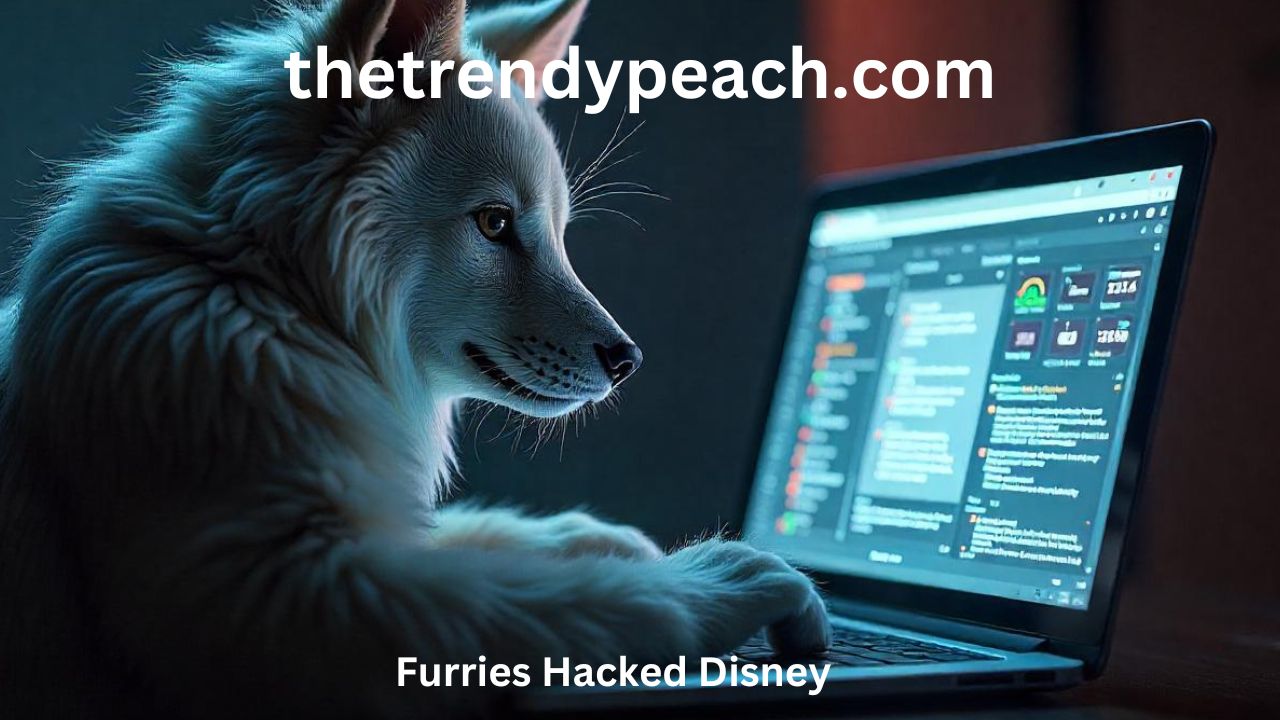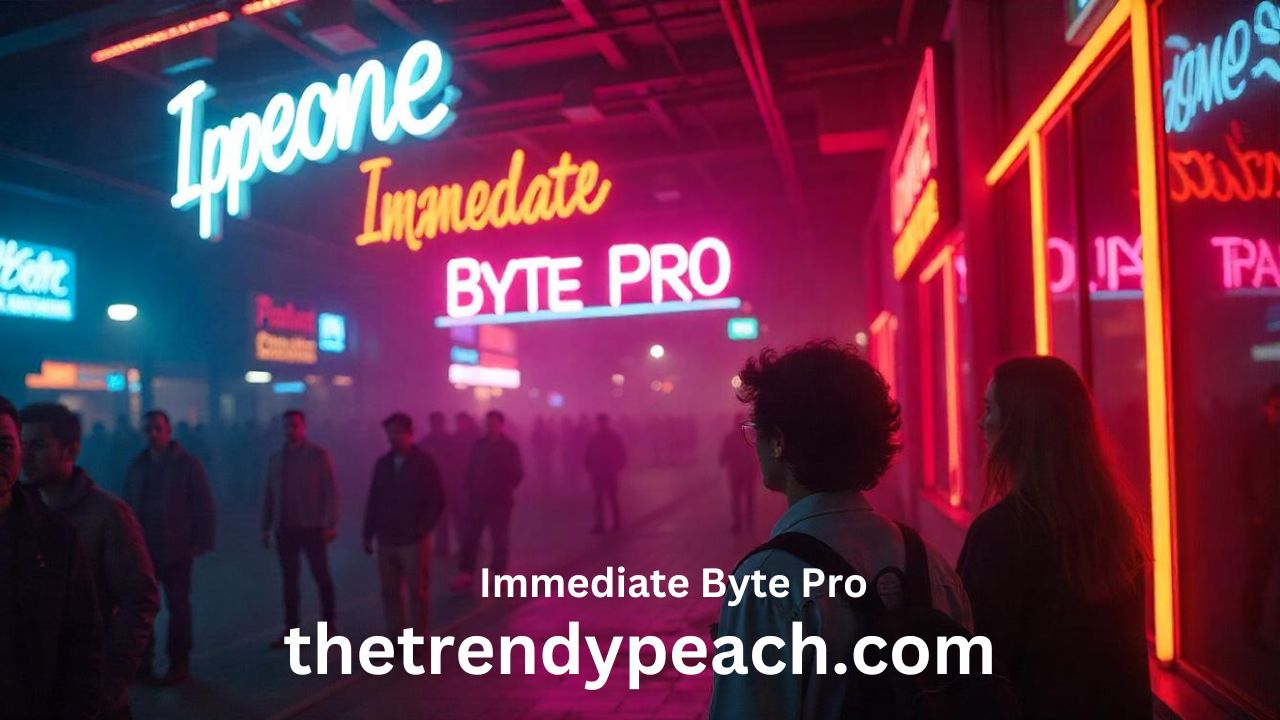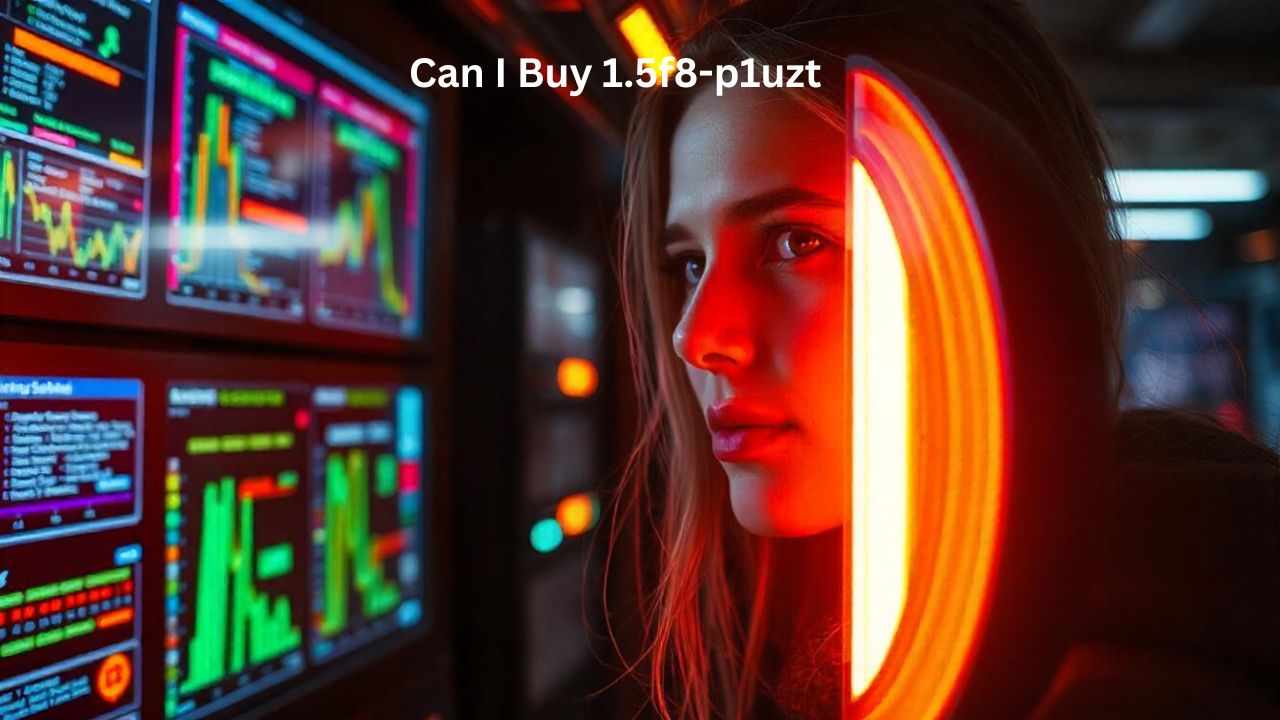The phrase furries hacked Disney has sparked widespread curiosity, capturing the attention of both cybersecurity experts and pop culture enthusiasts. Furries, a community centered on anthropomorphic animal characters, have long been known for their vibrant art and fandom culture. However, the idea that they infiltrated Disney’s systems adds an unexpected layer to their narrative. This article examines the origins of this claim, its online proliferation, and what it teaches us about digital security and misinformation.
The Origins of the Furries Hacked Disney Claim
The idea that “furries hacked Disney” first emerged in online forums and social media, where such rumors often gain traction.
Where It Began
Speculation started when users reported strange changes to Disney’s online assets, sparking theories about who could be behind the activity.
Why Furries Were Blamed
Some users pointed to the furry community because of their technological expertise and penchant for creating intricate online personas.
The Viral Spread
Memes, tweets, and Reddit threads fueled the narrative, turning the incident into a trending topic across multiple platforms.
Furries and Their Connection to Technology
Understanding the furry community’s relationship with technology provides insight into why this rumor gained credibility in some circles.
Tech-Savvy Origins
Many furries are skilled artists, programmers, and gamers, contributing to the perception that they possess advanced technical capabilities.
Creative Online Spaces
Furries build digital worlds, communities, and characters, demonstrating a high level of proficiency with online tools and platforms.
Past Incidents
While not involved in hacking, the community has been linked to online activism, sometimes amplifying misconceptions about their activities.
What Actually Happened at Disney?
Separating fact from fiction requires examining any real incidents that might have led to the “furries hacked Disney” narrative.
Reported System Glitches
Disney’s online systems experienced minor glitches during the time of the rumor, but no evidence pointed to hacking by any group.
Coincidental Timing
Technical issues coincided with the online spread of the claim, further fueling the misconception that furries played a role.
Disney’s Official Response
The company acknowledged the glitches but did not comment on the rumor, leaving room for speculation to grow unchecked.
Why the Rumor Gained Momentum
Several factors contributed to the rapid spread of the furries hacked Disney narrative, making it a viral internet sensation.
1. The Element of Surprise
Linking furries to hacking Disney created a story so unexpected that people shared it out of sheer disbelief.
2. Internet Humor
Memes and jokes about the incident turned it into a lighthearted yet widespread online phenomenon.
3. Lack of Official Clarity
Without detailed statements from Disney, the internet filled the information gap with speculation and creativity.
The Role of Memes in Amplifying the Story
Memes became a powerful tool for spreading the narrative, turning the idea into a widely recognized internet joke.
1. Visual Humor
Images of furry characters “hacking” into Disney systems added a comedic element that resonated with users across platforms.
2. Shareability
Simple, funny memes ensured that the rumor spread quickly, reaching audiences unfamiliar with either the furry community or Disney.
3. Community Engagement
Both furry enthusiasts and general internet users joined in on the joke, contributing to its longevity as a topic of discussion.
Implications for Cybersecurity Awareness
While the story may be fictional, it highlights important lessons about digital security and online narratives.
1. The Power of Perception
Unsubstantiated claims can gain credibility when they align with existing stereotypes or assumptions about a community.
2. Misinformation Risks
The ease with which the narrative spread underscores the dangers of misinformation in an era of viral content.
3. Importance of Communication
Organizations like Disney can mitigate rumors by addressing incidents promptly and providing transparent updates to the public.
The Furry Community’s Response
Members of the furry community reacted to the rumor with humor, clarification, and a touch of exasperation.
1. Embracing the Joke
Some furries joined in the humor, creating memes and jokes to further exaggerate the absurdity of the claim.
2. Debunking Myths
Others used the opportunity to explain their community’s actual interests and activities, distancing themselves from hacking allegations.
3. Highlighting Positivity
Many emphasized the creative and inclusive aspects of the furry fandom, challenging misconceptions fueled by the rumor.
FAQs
Did furries actually hack Disney?
No credible evidence supports the claim. The narrative appears to be a fictional rumor that gained traction online.
Why did this story become so popular?
Its unexpected nature, combined with internet humor and memes, made the story highly shareable and engaging.
What is the furry community known for?
Furries are known for their creativity, including designing anthropomorphic characters, art, and participating in online and offline events.
Did Disney comment on the rumor?
Disney acknowledged technical issues but did not address the furries hacked Disney narrative, allowing speculation to continue.
What lessons can be learned from this incident?
The story highlights the importance of addressing misinformation, improving cybersecurity awareness, and fostering understanding of online communities.
How did furries respond to the rumor?
They embraced humor while debunking the claim, using the opportunity to promote a more accurate understanding of their community.
Conclusion
The furries hacked Disney narrative serves as a fascinating case study in internet culture, showcasing how rumors and humor can converge to create viral phenomena. While the story is fictional, it underscores the importance of addressing misinformation and understanding online communities beyond stereotypes. By exploring the origins, impact, and broader lessons of this tale, we gain insight into the interplay between digital culture and modern communication.









